The brunt of liberalization privatization and globalization has shattered the rural economy to a disastrous situation. 77 per cent of the rural population have got a daily income just rupees 20 for their biological survival. The self sufficiently in food has been earned as a collective effort made by the dedicated scientists hard working farmers and committed extension workers in India. This green revolution that happened in the decade of 70s has started withering out in both economic and ecological terms. The soil water and bio diversities are being squeezed and contaminated against the mass branded green revolution. In the decades of 90s we shared opening up our fiscal agricultural policies to go in with the globalized market. The policies of subsidies and social deterrent for the poor farmers have been compromised to welcome multinational and corporate sector.
With the steady population growth and an apparent stagnation in agricultural production the aspect of livelihood security in rural economy has been the most concerned issues. This has been more pernicious in rain fed agro ecosystem where in both the food and fate of poor farmers has gone victim to the vagaries of nature. A 30 per cent delay in monsoon rainfall during critical agricultural operation has led to a 20 per cent increase in migration. More over a down fall of 20 per cent in agricultural return for consecutive 3 years is simply enough to make 10 per cent of the farmers disillusioned to quite agriculture.
Subsequent to millennium declaration expert and organizations all over world have been seriously working on attending sustainable rural livelihood of the worlds 8 billion population 480 millions are heavily impoverished of food nutrition and shelter. The worst victims are the children and the women. In this situation the concept methods and immense relevance. Crores of rupees in India are being spent on through NAIP for deriving the proper methodology in ushering sustainable rural livelihood.

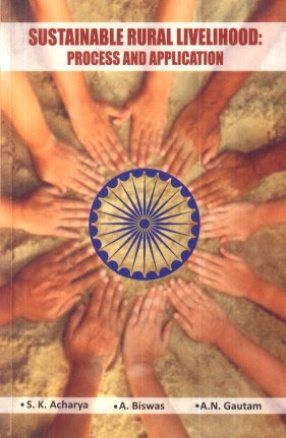
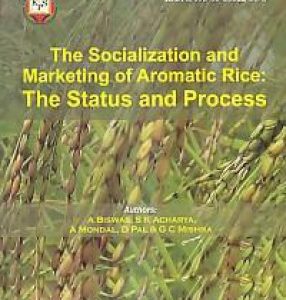
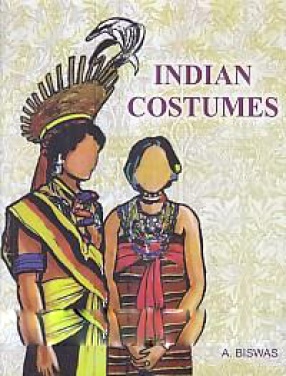
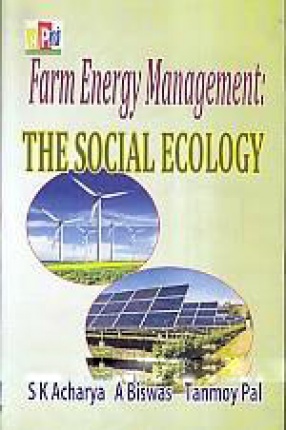
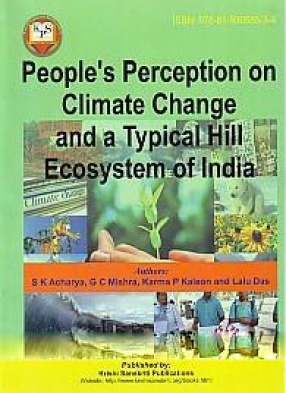

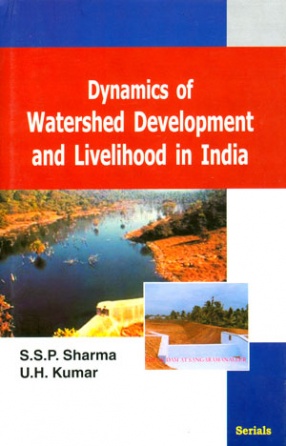
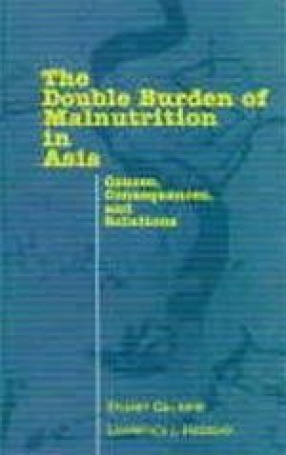
There are no reviews yet.